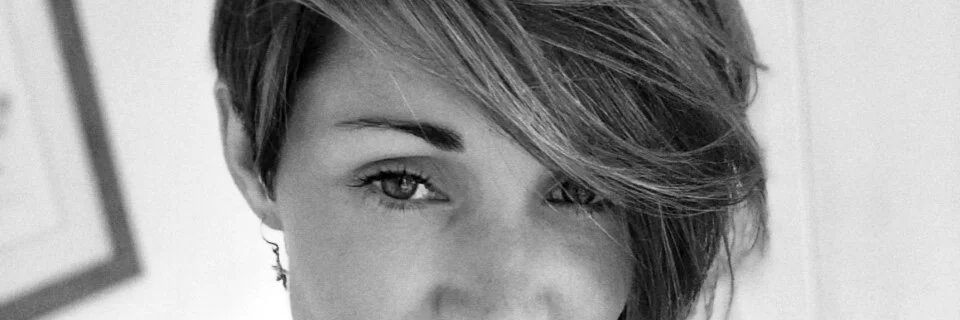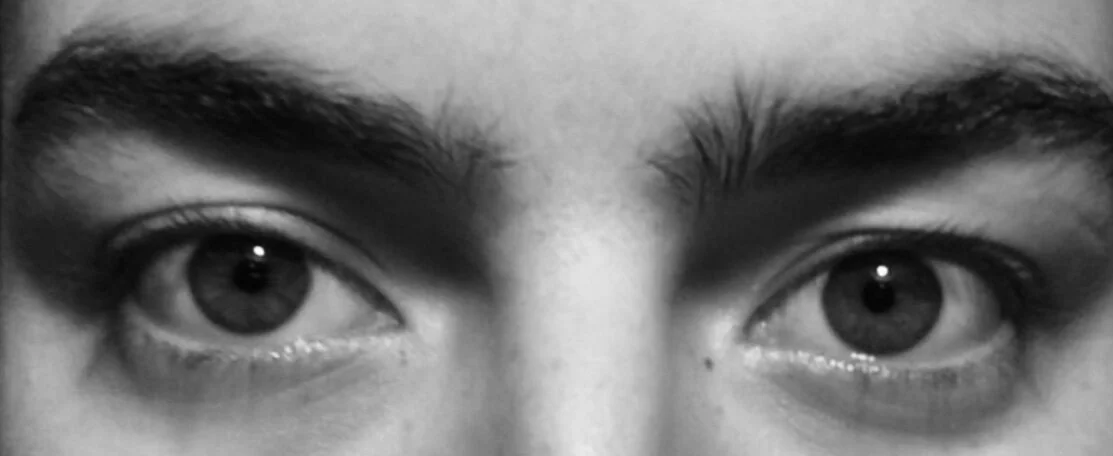Since having a child, my perspective on life has undoubtedly shifted. One thing stands out, and it all started with a conversation I had with a friend not very long ago. They asked:
“What did you want to be when you were growing up?”
I knew exactly what she meant: an author, a vet, a bar manager (really), a teacher. It never occurred to me until I was nearly 30 that the answer was blindingly obvious. Didn’t we all want to be happy?
As children, in Western society at least, we are brought up believing that our job defines us. From an early age we are pushed into choosing a profession; but shouldn’t we be focusing on wellbeing? If my little girl wants to be rich or ambitious or influential or clever that’s up to her, but right now all I want for her is to be happy, creative, fulfilled, loved, empowered. If she can achieve those things, I have no doubt that she’ll be successful in whatever way she chooses.
I’ll be back
When I got pregnant, I was always the person at work who would be coming back. I left my belongings in a box under my desk and worked up until five days before I gave birth. I had received some brilliant training and opportunities through my workplace, and I was genuinely inspired by my colleagues. My team was exciting, dynamic, creative, fun and driven. I couldn’t imagine not working with them for a whole year. I had boasted early on that I’d be back within months. I felt that I had found a role where I genuinely contributed to a wider cause, a cause that I believed in.
A few months into maternity leave, it became clear that changes were afoot. I knew from several colleagues that restructures were happening. My role was disappearing, and I was being encouraged into another department – all dressed up as an ‘exciting opportunity’. Within my current team, roles were being created and people earmarked. Everything was technically above-board HR-wise, but not-so-secret conversations had taken place and promises were being handed out like candy.
“Ungrateful”
Sparing you the details, in short, thanks to some strong and loyal friendships, I became aware of excruciating unfairness in the way I was being treated. My existing job had been re-styled under a different title with a higher salary, and provisionally offered to someone else. My boss was leaving, too; they were replaced within a week with an internal appointment. Whilst I was told that I could apply for these roles if I ‘really wanted’, the timeframes made it untenable and I knew I’d be knocked back. Bluntly, I was being side-lined because I was unable and unwilling to come back to work immediately. And these were women, some of them mothers, who were doing this.
I remember this as a dark patch in my life. All I wanted was to pour my love into my family, and instead I was forced to confront the painful truth that many women do: children or work? Career or family? I made one last attempt to plead my case and, very politely, stand up for myself. The whole meeting was combative. I was meant to be meeting with one director, but two showed up. My own boss was on annual leave and forbidden from attending or contributing. I was outflanked, outnumbered, told to “prove it”. And then, to my face, they called me “ungrateful”.
Ungrateful. That cut me to the core, broke me. I had received little more than statutory maternity pay, although it was dressed up as if they were doing me a favour. I had worked over my hours every
week since I started. I had never taken a day off sick, as if that was something to be proud of. I felt I had done well. But there it was: ungrateful.
I’m better than this
I returned home sobbing and exhausted. As I hugged my little girl so tightly, I vowed that no one would ever make me feel like this again. I was better than this. She was better than this.
Sending my email resignation was the most empowering moment of my life. I remember laughing, radiating joy, my heart pounding at this act of selflove and defiance. I had put everything in place to go freelance, including two clients already lined up with big projects about to start. It was a risk, but I would still be doing a job I loved and I was willing to put the time and effort in to make it work.
Self-employment has not been without hiccups. I was one of the ‘Excluded’ three million who didn’t get any government support or furlough in 2020 or 2021 when my workload dipped dramatically. Through good fortune, creativity and the support of some amazing organisations I have been able to rebuild this. I now work about fifteen hours a week less than I used to. My life isn’t dominated by irrelevant emails or meetings or box ticking. I earn more. I made up my own job title. I don’t get holidays, sick pay or a pension, but because I am empowered, I never feel resentful.
Who, when, how much?
I love motherhood. No one tells you how fun it is to have a child. I hope that I can be the role model my baby girl needs, not an exhausted mother clawing her way up just to prove she is good enough.
I now look back on my time working for that employer fondly. I have made some lifelong friends and I received some incredible opportunities. I was part of something. I made things happen. They supported me in writing a book. I can only talk more openly now because most of the people involved have moved on and thus, I hope, things have changed for the better.
I don’t believe the trials I faced were personal or vindictive, more clumsy and a product of a toxic workplace culture that many of us recognise. We are too often judged by our timesheets, not the quality of our work or our ability to make decisions. Gameplaying rewards the extroverts, the charmers; the introverted pragmatists struggle, labelled as troublemakers for asking legitimate questions. I know now that I couldn’t have progressed whilst being happy as a mother.
Many people forget that a job is just that: a job. It isn’t you. You can aspire to be more successful, to make a difference, to earn more money, but it shouldn’t define you. You can do a job you hate and still be happy if it pays you enough to do the things you love. You can do a job you love and be miserable. Jobs are transactional. An employer needs something doing and they pay you to do it. When you venture into the world of gratitude, we reward those who are willing to be unhappy, who want to be defined by their title or who have the flexibility to meet unrealistic expectations. When you reward overtime and not outputs, you get dangerously close to discrimination.
My mantra now is taken directly from Pretty Woman: “I say who, I say when, I say how much.” When I feel tired and overwhelmed, I remember that every job I undertake and every decision I make is a choice. I can choose to say no, although I never have to. Understanding that you have a choice is the most empowering thing of all.
And I choose to be happy.
Lucy McRobert is a wildlife storyteller. Her first book, 365 Days Wild (2019) offers ways to make nature part of your life every day. She is a columnist for Birdwatch magazine and has written for BBC Wildlife, Bird Watching, The I News, and the acclaimed Seasons (Elliott & Thompson, 2016). In 2015, she was 38th on BBC Wildlife’s first wildlife power list and was the researcher on Tony Juniper’s What Nature does for Britain (2015). She co-founded the youth nature network, A Focus On Nature. Lucy freelances as an editor, writer, communications consultant and campaigner, and is a qualified BDMLR marine mammal medic.



















